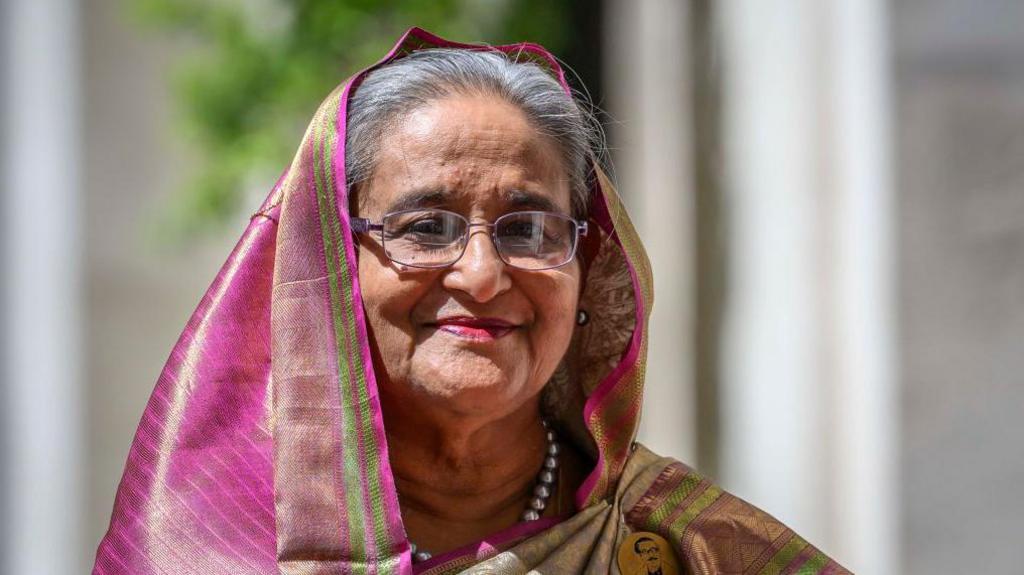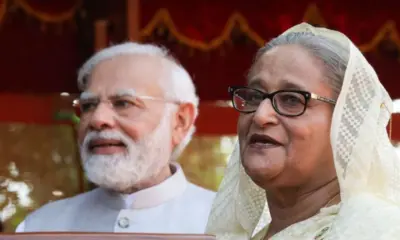News
Former Bangladesh Leader Sheikh Hasina Faces Death Sentence as Questions Loom Over Awami League’s Future

Former Bangladesh prime minister Sheikh Hasina has been sentenced to death by the very war crimes tribunal she created in two thousand ten, a dramatic turn of events that has shaken the country’s political landscape. While the verdict marks a historic moment for the nation, it has also raised urgent questions about what this means for the Awami League, the party she still leads, and for Hasina’s own political future.
Hasina, who has been living in India since her removal from office, was convicted for her role in the violent crackdown on protests last year. The government in Dhaka has spent months calling for her extradition, but India has so far declined to respond. A previous request for her extradition on lesser charges of contempt of court was also met with silence from New Delhi.
Now that she faces a capital sentence, observers say the diplomatic landscape could shift dramatically. If a newly elected government takes office after the scheduled national elections in February and formally demands her extradition, India may find it harder to dismiss the request. Analysts note that while India has long maintained close ties with the Awami League, pressure from an elected government in Bangladesh could complicate those relations.
Even before the verdict, the political environment had begun tightening around Hasina. A court imposed a ban preventing media outlets from publishing what it described as her provocative statements, a move strongly criticised by the Awami League. The interim government has also suspended all party activities through an executive order, making it increasingly difficult for the party to operate on the ground.
Since its removal from power, the Awami League has become largely absent from Bangladesh’s political scene. Many of its top leaders are living in exile, mostly in India, while others have been detained. With the party’s leadership scattered and its activities restricted, the organisation is facing one of the most challenging periods in its history.
Political analysts say the latest verdict could place the party under even greater strain. Any additional restrictions on Hasina’s ability to speak publicly, or further bans on party operations, may force the Awami League to rethink its long term strategy. Questions are also growing about whether the party will continue to rely entirely on Hasina’s leadership as legal and diplomatic pressures mount.
For now, Awami League representatives maintain that there is no internal debate over her position at the helm. However, the combination of legal jeopardy, growing demands for extradition and reduced political space inside Bangladesh may eventually compel the party to make difficult decisions. Much will depend on how India responds and how firmly the next Bangladeshi government pursues Hasina’s return.
The coming months are likely to determine not only Hasina’s fate but also the political future of one of Bangladesh’s most influential parties.












